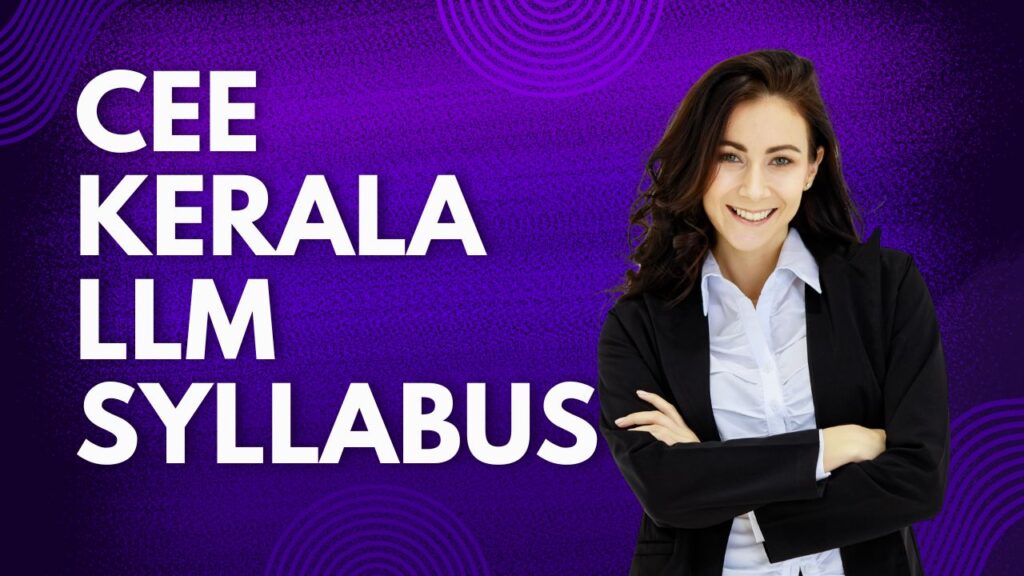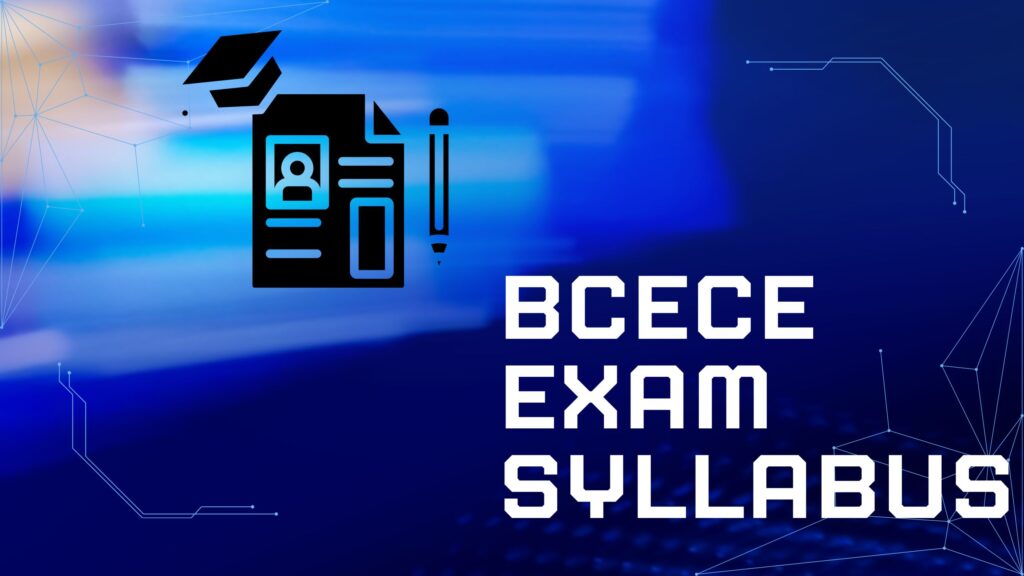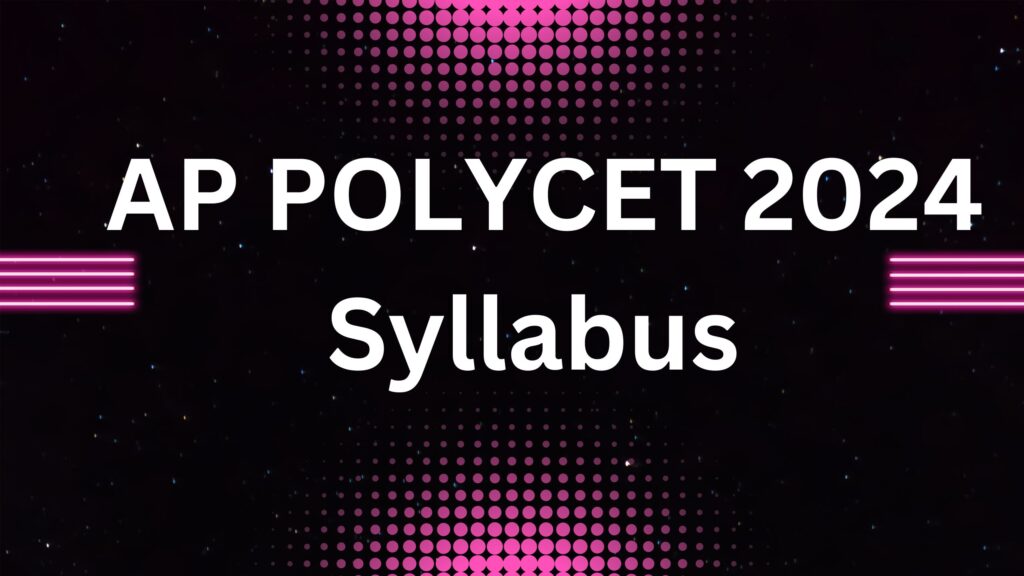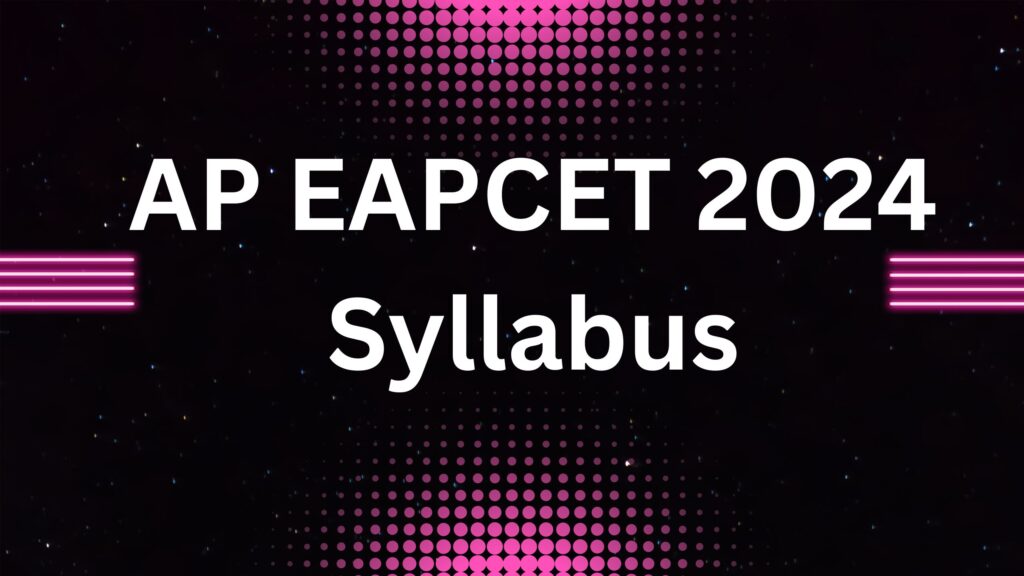CEE Kerala LLM Syllabus-CEE Kerala LLM Syllabus Download in PDF
CEE Kerala LLM Syllabus
CEE Kerala LLM Syllabus
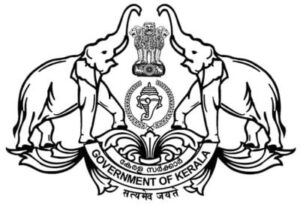
Comprehensive Guide to the CEE Kerala LLM Syllabus
The CEE Kerala LLM course stands out because it is rigorous and covers a lot of ground. Legal education is changing all the time. If people who want to become lawyers want to get ahead in the competition, they need to understand the framework and material of this course in great detail. This guide gives a thorough look at the LLM course outline given by the Commissioner for Entrance Examinations (CEE) in Kerala. The course is meant to give students the information and skills they need to do well in the legal field.
Overview of the CEE Kerala LLM Program
The CEE Kerala LLM program is a specific college school that allows students to learn more about law. This program was carefully made to meet the needs of law students who want to go to law school and train them for a variety of legal jobs. The course outline includes many different types of legal topics so that grads know a lot about both old and new legal problems.
Core Subjects in the CEE Kerala LLM Syllabus
1. Constitutional Law
Constitutional Law forms the cornerstone of the LLM syllabus, focusing on the interpretation and application of the Constitution of India. This subject delves into:
- Fundamental Rights and Duties
- Directive Principles of State Policy
- Separation of Powers
- Judicial Review
Understanding these aspects is crucial for navigating the complex landscape of Indian constitutional law.
2. International Law
The International Law segment of the syllabus addresses the principles and practices governing international relations. Key topics include:
- Sources of International Law
- International Treaties and Conventions
- International Organizations
- Human Rights Law
This section aims to provide a robust understanding of how international law influences global and domestic legal systems.
3. Legal Theory
Legal Theory or Jurisprudence examines the philosophical underpinnings of law. Students engage with:
- Natural Law Theory
- Positivism
- Critical Legal Studies
- Feminist Jurisprudence
This subject equips students with the analytical tools to critique and understand various legal theories and their implications.
4. Human Rights Law
Human Rights Law is integral to the LLM curriculum, focusing on the protection and promotion of human rights globally and within India. Important areas covered include:
- International Human Rights Instruments
- Mechanisms for Human Rights Protection
- National Human Rights Institutions
- Case Studies on Human Rights Violations
This module is essential for those aiming to work in human rights advocacy or international organizations.
5. Environmental Law
The Environmental Law component deals with legal principles governing environmental protection. Topics include:
- Environmental Policies and Legislation
- International Environmental Agreements
- Sustainable Development
- Environmental Justice
Understanding these principles is crucial for addressing contemporary environmental challenges through legal frameworks.
Highlights of Kerala CEE LLM 2023 Syllabus
Aspirants can take an abstract idea of the Kerala CEE LLM 2023 Syllabus displayed in the tabular format below.
|
Features |
Part A |
Part B |
|---|---|---|
|
Subjects |
Constitutional Law, Law of Crimes, Jurisprudence and Law of Contracts |
Administrative Law, Public International Law, Company Law, Interpretation of Statutes, Law of Property and Law of Torts |
|
Syllabus |
LLB level |
LLB level |
|
Duration |
90 Minutes |
90 Minutes |
|
Total Questions |
100 Questions |
100 Questions |
|
Total Marks |
300 Marks |
300 Marks |
Elective Subjects
In addition to core subjects, the CEE Kerala LLM syllabus offers various electives that allow students to specialize in specific areas of law. These electives may include:
1. Corporate Law
The Corporate Law elective covers:
- Company Formation and Governance
- Mergers and Acquisitions
- Corporate Finance
- Regulatory Compliance
This elective is designed for students interested in corporate legal practice.
2. Criminal Law
Criminal Law focuses on:
- Principles of Criminal Liability
- Criminal Procedure
- Penology and Correctional Systems
- White-Collar Crimes
This module prepares students for careers in criminal justice and advocacy.
3. Family Law
The Family Law elective examines:
- Marriage and Divorce Laws
- Child Custody and Adoption
- Domestic Violence
- Succession and Inheritance
This area is critical for those pursuing a career in family law and related fields.
Research Methodology
Research Methodology is a crucial part of the LLM syllabus, focusing on developing skills necessary for legal research. Topics include:
- Legal Research Techniques
- Data Collection and Analysis
- Legal Writing and Citation
- Dissertation Preparation
Mastery in research methodology is essential for producing high-quality legal research and scholarly articles.
Practical Training and Internships
The CEE Kerala LLM program emphasizes the importance of practical experience. Students are encouraged to engage in:
- Internships with Law Firms
- Court Visits
- Legal Aid Clinics
- Participation in Moot Courts
These practical experiences provide students with hands-on training and exposure to real-world legal scenarios.
Conclusion
The CEE Kerala LLM curriculum is carefully planned to give students a complete law education. It makes sure that grads are ready for the needs of the legal field by teaching a wide range of subjects, such as constitutional and international law, as well as offering specialty courses and hands-on training. Aspiring lawyers can greatly benefit from fully understanding this course as they begin their more advanced legal studies.
CEE Kerala LLM Syllabus
CEE Kerala LLM Syllabus-CEE Kerala LLM Syllabus Download in PDF Read More »

